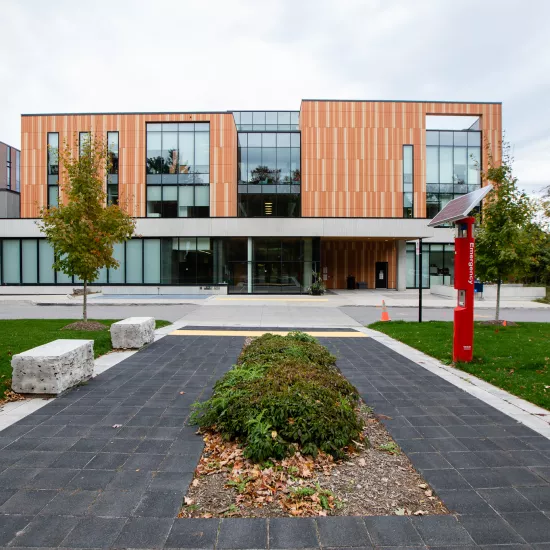This research pillar focuses on the foundations and pathways of positive development and mental health from early childhood through adolescence in children of all backgrounds. It includes the following ongoing projects:
Adversity and the Development of Affective and Prosocial Trajectories (ADAPT)
How do kind emotions and behaviours develop across the early years? Do early emotional experiences affect behaviour trajectories? How does exposure to adversity, such as poverty, family conflict, and community violence, affect pathways of kindness? These are the core questions of ADAPT. They are timely because our understanding of the origins and antecedents of kindness is limited. Simultaneously, we live in times of increasing adversity, such as exposure to conflict, disagreement, and violence. The development of kindness is foundational for children’s and adolescents’ wellbeing and positive relationships, and thus peace in our communities. Our previous research has shown that kind, prosocial emotions, such as sympathy, motivate kindness. For this study, we adopt a longitudinal design to track the trajectories of kind emotions and behaviours in children 2 to 6 years of age and understand how pathways and their relations differ for children facing adversity in the family (e.g., parental conflict) and/or in the community (e.g., neighborhood violence). We use a multi-method, multi-informant approach including observations, behavioural tasks, physiological assessments, questionnaires, and semi-structured interviews. Ultimately, this study will help us understand the emergence and predictors of kindness across varying contexts of adversity. Working in partnership with community leaders and practitioners, findings from our research will inform developmentally sensitive strategies that will nurture kindness in children with diverse needs.
This research pillar focuses on the foundations and pathways of positive development and mental health from early childhood through adolescence in children of all backgrounds. It includes the following ongoing projects:
Study of Adversity, Identity and Resilience in Youth (AIRY)
Experiencing significant adversity has the potential to negatively affect youth’s social-emotional development in a myriad of ways. For example, the COVID-19 pandemic is an unprecedented adverse event that upended the lives of Canadian adolescents, leading them to experience severe restrictions on their social circles during an already crucial period for their social development. For some youth and their families, this combination of confinement and stress has the potential to exacerbate existing adversities and possibly lead to mental health concerns. Drawing from a large community large of adolescents and their caregivers, this longitudinal project aims to understand how and if social adversities like the COVID-19 pandemic affected youth’s social and emotional well-being, as well as identify risk and protective factors that explain which youth experience more or less hardship.
Completed Studies
Longitudinal Study of Emotions, Aggression, and Physiology (LEAP)
The emotions that children feel after treating others unfairly or causing others harm have important implications for how they interact with their peers. For example, feelings of guilt and sympathy make children less likely to act aggressively. However, we know relatively little about why some children, but not others, feel bad or sad after harming others. Children’s physiological arousal (e.g., heart rate reactivity) and regulation during social conflicts may help explain differences in their emotional and behavioural experiences. Drawing from a large community sample of 4- and 8-year-olds, this 4-year longitudinal study is examining children’s physiological activity and self-reported emotions in response to hypothetical social conflicts to understand how changes in emotions and physiology across childhood and early adolescence contribute to the development of kind emotions and aggressive tendencies. This work also includes clinical samples of children from the Centre for Addiction and Mental Health and the Centre for Community Mental Health who struggle with behavioural and emotional challenges to better understand the aggressive pathways of children with different needs. Our ultimate goal is to reduce childhood aggression by informing new treatment strategies targeting physiological and emotional processes that are age appropriate and tailored to the unique and diverse emotional and behavioural needs of children.


